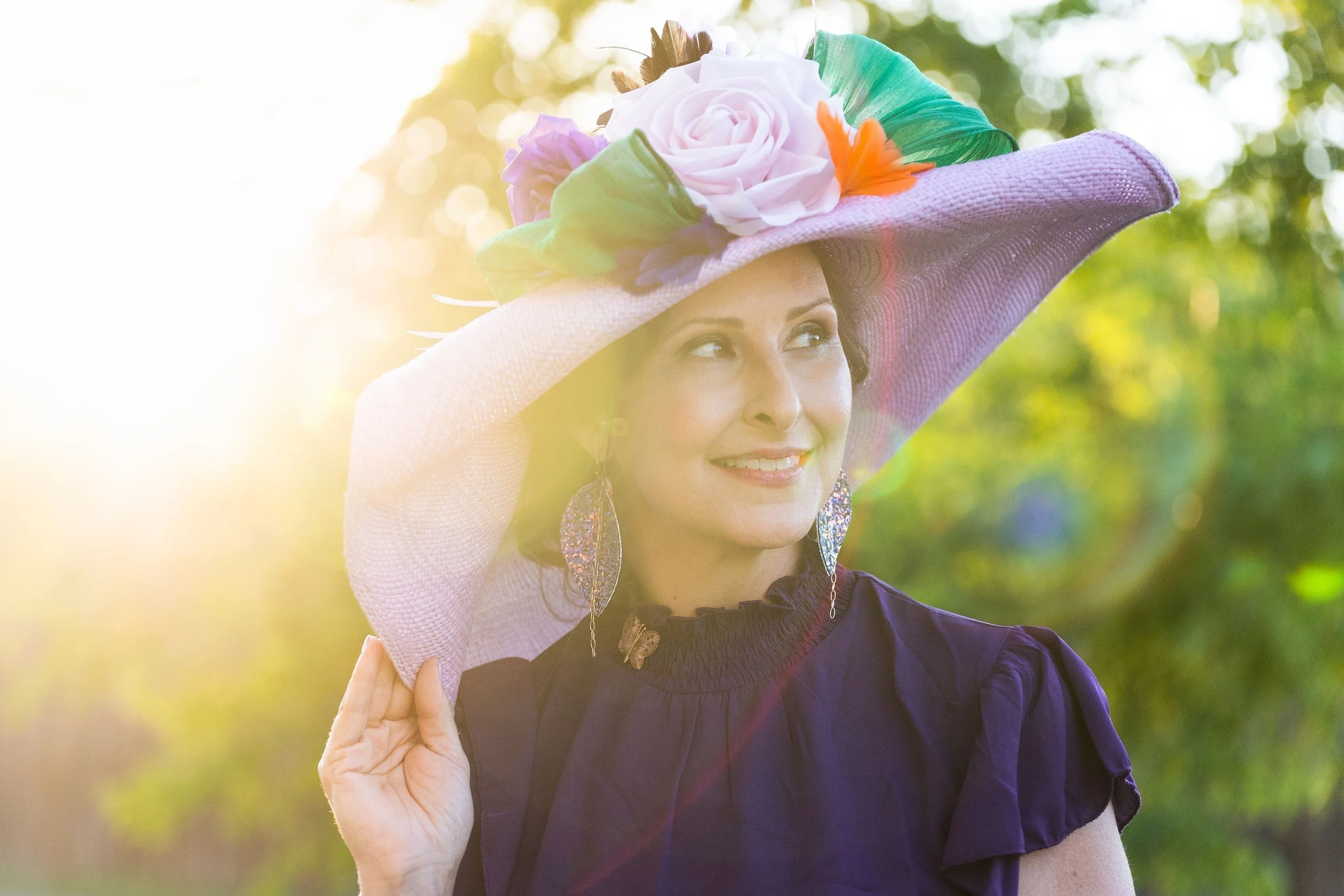by Johnny Solomon
About three years ago, I walked into a yoga class because it was freezing outside and I didn’t want to spend another winter hibernating at home. I wanted to get ahead of the coming three months of Christmas cookies and soup. I wasn’t looking to talk about chakras, though. And the last thing I wanted to do was sit through Yanni-inspired sitar music. My yoga goals were not lofty, but it was November and the promise of a polar vortex was right around the corner.
At that point, I had been sober for about three years. I also had my bipolar disorder relatively managed but still experienced bouts of anxiety that kept me isolated and unattached from the rest of humanity. I toured full time as a musician, so my schedule was pretty much the opposite of a “schedule.” And I was a year into writing my new record, feeling both crippling self-doubt and a sense of career-ending procrastination. According to everything I knew at the time, it was the kind of life an artist could expect.
Years before, I had pushed my way into some sort of success in the music world. Success is relative, of course, but I was making a living, which I figure is at least the ground floor. What I didn’t understand at the time was that my identity had become lost in my art. When I got sober and was finally healthy enough to commit to being a working artist, my sense of self got all wrapped up in my songs. I stopped being able to separate who I was from what I could create. I assumed every interaction involved the singer-songwriter Johnny of Communist Daughter. My neighbors didn’t see John Solomon; they saw the guy who wrote songs, and they liked me, or didn’t, based on what they thought of my latest record. I took commentaries on my music as commentaries on my very existence. The only time I talked to the outside world was before and after my shows, and that skewed my perception of daily life. I didn’t know where John Solomon ended and Johnny Solomon began.
But that day in November, I took a step down a path I didn’t even realize I was on. What started as me counting minutes on the mat, became me counting breaths. And then simply turning off my mind and counting on that one-hour break from whatever else was outside. I showed up to lose weight, but then I stopped caring about that (#dadbodforlife). I went because it felt good. If I was anxious, I knew things would be better afterward. If I had a decision to make, I knew I would have some sort of clarity after class. And two years into practicing yoga, I realized I had friends that didn’t even know I was a musician. They liked me without any prior knowledge of Communist Daughter. I felt like I had my own identity again.
In the recovery world, many of us like to get together in groups to talk and listen to each other. One of the ways we share is by recounting “what it was like, what changed, and how it is now.” But life doesn’t stop changing when you get sober; that’s one of the first things I learned in recovery, so every time I go back to my story, it’s a little bit different. And three years ago, my life and story shifted without me even noticing. Three years ago, I walked into a room to lose a couple of pounds, but I learned patience and gratitude, and recaptured an idea of who I was. I found a community that didn’t know I was a musician. Even three years later, I suspect most of them have never heard a single one of my songs. I found a group of friends that are as likely to be sober as they are to be anything else. I’ve also listened to more Drake than I ever thought I would. Apparently yoga isn't just for sitar.
I have a lot of feelings about yoga, and none of them involve an understanding of chakras (yet), a nirvana, or an ability to say Namaste without smirking. But they do involve getting anxiety under control, finding patience with myself and appreciating a whole new world of Drake-loving, earnest human beings.
Once again, I find myself thinking about life in terms of “what it was like, what changed, and how it is now.” Today, thanks to yoga, I’m a different, more content, and connected person. I love to show up to the studio and talk to the people around me and to listen to what they’re looking for and what they have found.
I’m not trying to sell you a spiritual awakening. But if you get yourself to a yoga mat, you might be able to learn how to say Namaste without smirking, and hopefully you can teach me that.
Want to try it for yourself? Check out our upcoming event called Breathing Through Dissonance on April 23rd.
John Solomon is a Dissonance Board Member.





